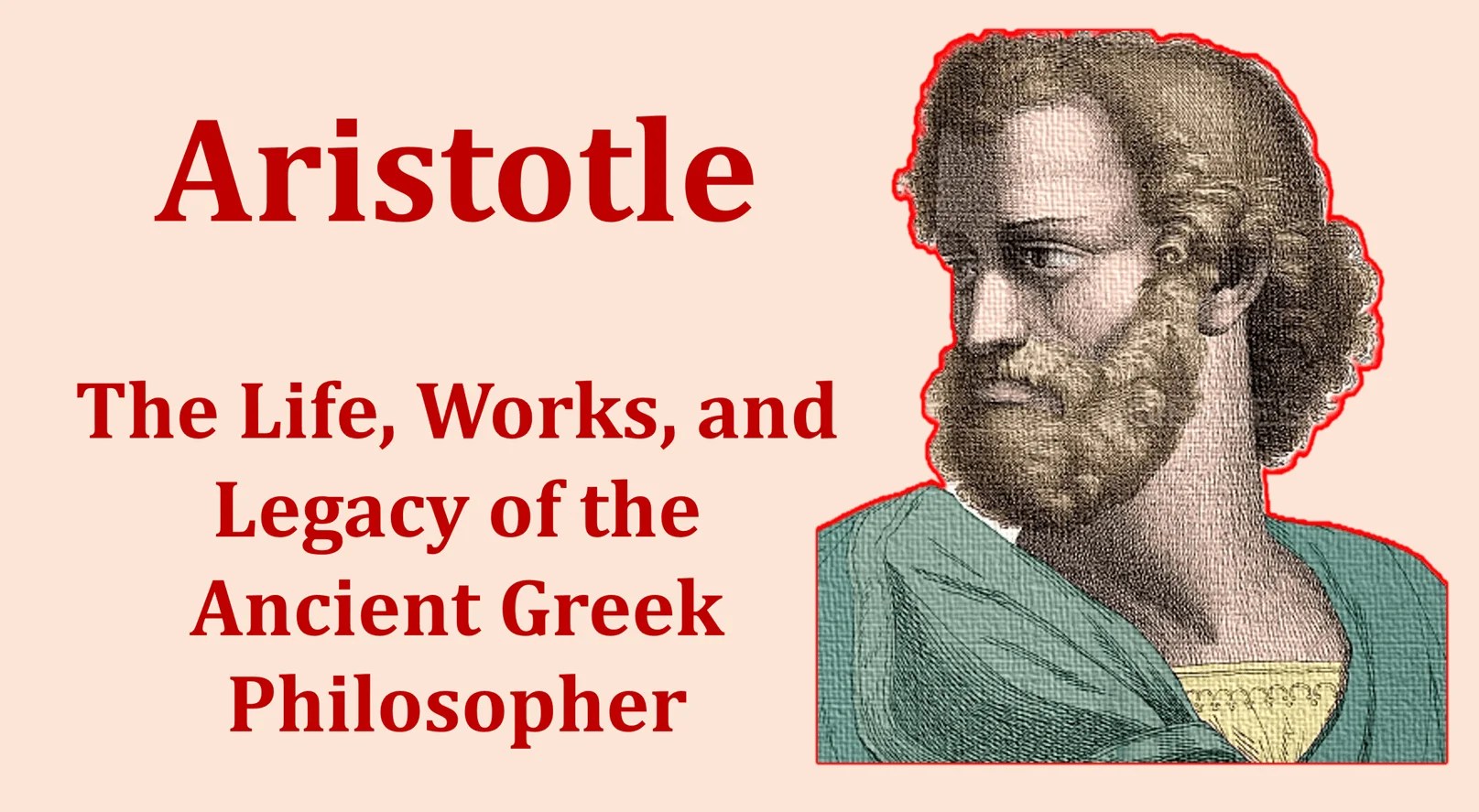Aristotle’s work on philosophy influenced ideas from late antiquity all the way through the renaissance. Learn about aristotelian logic, natural law, teleology, virtue ethics, and more,. Aristotle (born 384 bce, stagira, chalcidice, greece—died 322, chalcis, euboea) was an ancient greek philosopher and scientist, one of the greatest intellectual figures of.
Aristotle's Philosophy The Extraordinary Legacy of a Revolutionary
His works have had an enduring impact on philosophy and. According to this view, aristotle’s on ideas (fine 1993), a collection of arguments against platonic forms, shows that aristotle rejected platonism early in his career, though he later became. Though aristotle wrote many treatises and dialogues for publication, only around a third of his original output has survived, none of it intended for publication.
So far, then, aristotle’s appeals to homonymy or multivocity are primarily destructive, in the sense that they attempt to undermine a platonic presumption regarded by.
These translations are available in several places online; Aristotle's works aristotle wrote many influential works, including the nicomachean ethics, politics, and metaphysics. One of the main focuses of aristotle’s philosophy was his. The works of aristotle translated into english under the editorship of w.
Aristotle was born in 384 bc in stagira, northern greece. His father, nicomachus, was physician to the macedonian king, which introduced aristotle to medicine and biology at an early age.


